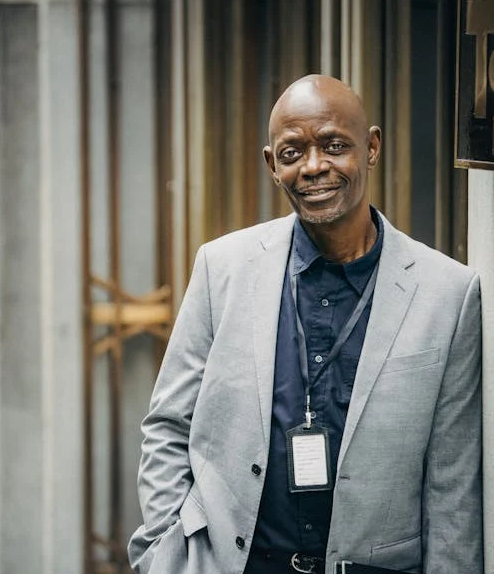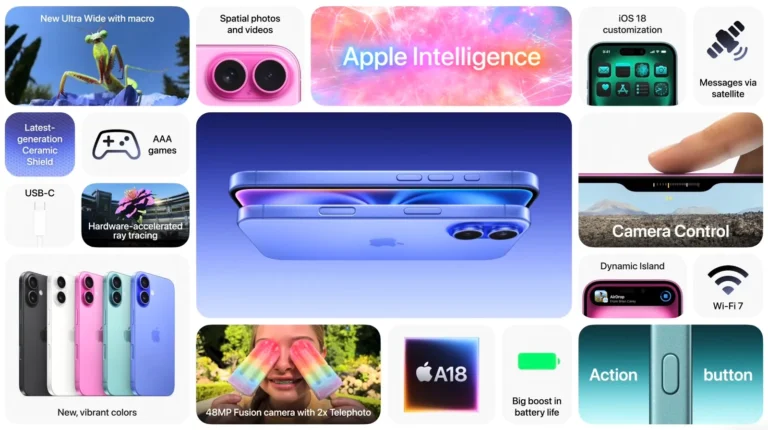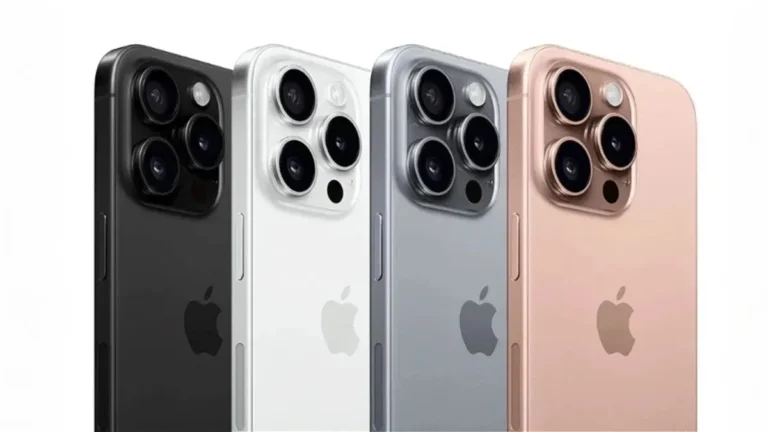Meta and Nvidia: Pioneering AI in Social Media and Personal Technology

Introduction
Meta and Nvidia, two tech giants, are transforming the future of personal technology and social media through artificial intelligence (AI). In a recent keynote at Siggraph 2024, Nvidia CEO Jensen Huang and Meta CEO Mark Zuckerberg outlined their visions, highlighting the convergence of AI, AR/VR headsets, and the next era of personal computing. This article will explore key points from their discussions, analyze potential impacts, and provide insights into how these developments may revolutionize our interaction with technology.
Key Themes from Siggraph 2024
At Siggraph, Zuckerberg and Huang’s dialogue reflected two perspectives: Zuckerberg discussed short-term possibilities, while Huang emphasized long-term needs. This conversation sheds light on the evolving technology landscape, including AI’s role in social networking, enterprise systems, and wearables.
Advanced AR/VR Headsets: The Future Beyond Smartphones
Zuckerberg and Huang agreed that the smartphone era is reaching maturity, and personal technology is evolving toward wearables. Meta’s Ray-Ban Smart Glasses serve as an initial step toward AR wearables but lack advanced displays. In contrast, Apple’s Vision Pro offers richer capabilities but is too bulky for mainstream use.
Their dialogue hinted at a future device that combines lightweight glasses with advanced AR capabilities—an evolution that could replace smartphones. Such a wearable would not only be more convenient but also safer by keeping users’ hands free and enhancing situational awareness with embedded cameras and displays.
AI-Driven Personal Technology
AI is central to Nvidia and Meta’s future plans. According to Huang, conversational AI and neural processors will play a critical role, especially in enabling seamless interactions between humans and machines. AI-powered wearables could enhance real-time communication, offer personalized suggestions, and optimize tasks.
Zuckerberg emphasized that Meta’s AR/VR products are not just gadgets but stepping stones toward a new interaction paradigm, where AI learns from user behavior to offer tailored experiences. Voice interfaces will become more natural, and digital assistants may evolve into essential companions integrated into daily life.
AI in Social Media: Transforming Facebook
One of the more intriguing elements of the discussion was how AI could reshape Facebook’s future. Zuckerberg hinted at leveraging AI recommendation engines to improve user engagement, facilitate meaningful connections, and enhance targeted advertising. The goal is to return Facebook to its roots as a platform for building genuine relationships while eliminating spam and scam ads.
With AI-enabled digital humans, Meta could also introduce interactive virtual personalities. These digital clones might act on behalf of users when unavailable or serve as companions for individuals with social challenges. The idea aligns with Meta’s broader mission to reduce loneliness and foster deeper human connections.
Lessons from Netscape: Avoiding Enterprise Pitfalls
Zuckerberg’s mention of using AI-driven recommendation systems in enterprise contexts raised concerns about Meta’s strategic direction. Huang noted that developing enterprise solutions is complex, requiring trust and expertise that Meta currently lacks. There’s a risk of repeating Netscape’s misstep, where focusing too heavily on enterprise software contributed to the company’s decline.
Meta’s real strength lies in consumer applications, and any attempt to pivot toward enterprise without a solid foundation could be risky. However, if Meta focuses on refining AI-powered consumer experiences, it could enhance its platforms’ relevance and sustainability.
The Future of Personal Technology and Social Media
The overarching theme of Siggraph 2024 was the convergence of AI, AR, and digital assistants. Nvidia and Meta envision a world where these technologies merge seamlessly, redefining personal computing and online interaction.
- Personal AI Assistants: Future AI will shift from passive assistants to proactive partners, anticipating needs and managing tasks autonomously.
- Wearable Devices: The next generation of wearables will replace smartphones, offering immersive AR experiences without compromising comfort.
- Enhanced Social Platforms: Social networks will evolve from content-sharing spaces to platforms that foster meaningful interactions, driven by personalized AI recommendations.
Conclusion
The insights from Zuckerberg and Huang at Siggraph 2024 underscore the importance of AI in shaping the future of social media and personal technology. Meta and Nvidia are at the forefront of this transformation, each focusing on different aspects—Meta on user-centric AI experiences and Nvidia on the infrastructure powering them.
As these technologies develop, they will redefine how we connect with others, manage our lives, and interact with machines. The race toward a post-smartphone era has begun, with AI and wearables leading the charge toward a more immersive and intelligent digital future.
Author

Michael Davis
Michael Davis is a dedicated content creator at The Bizz Global, focusing on Business, Finance, Technology, and Lifestyle. With a knack for breaking down complex topics, Michael ensures that readers stay informed and engaged with the latest industry trends. His passion for clear and concise writing makes him a trusted voice in the field.






